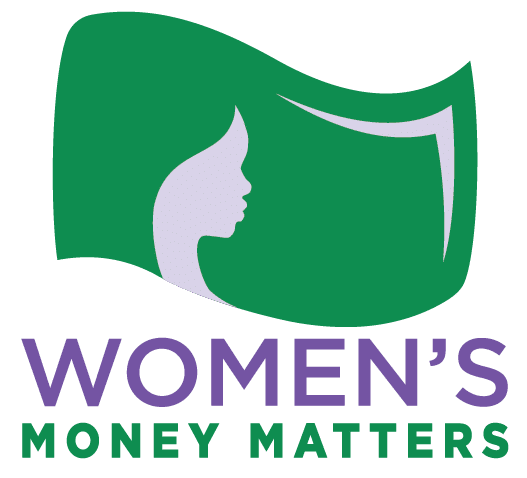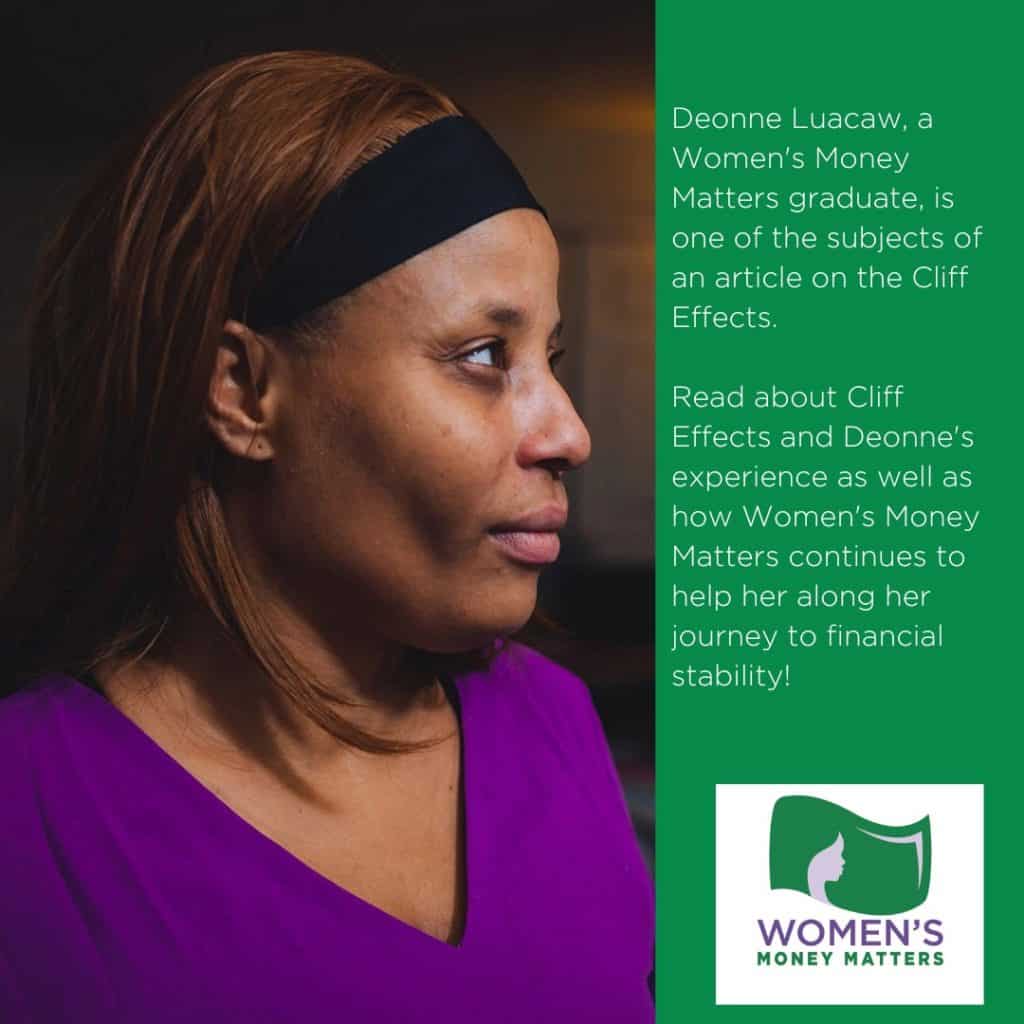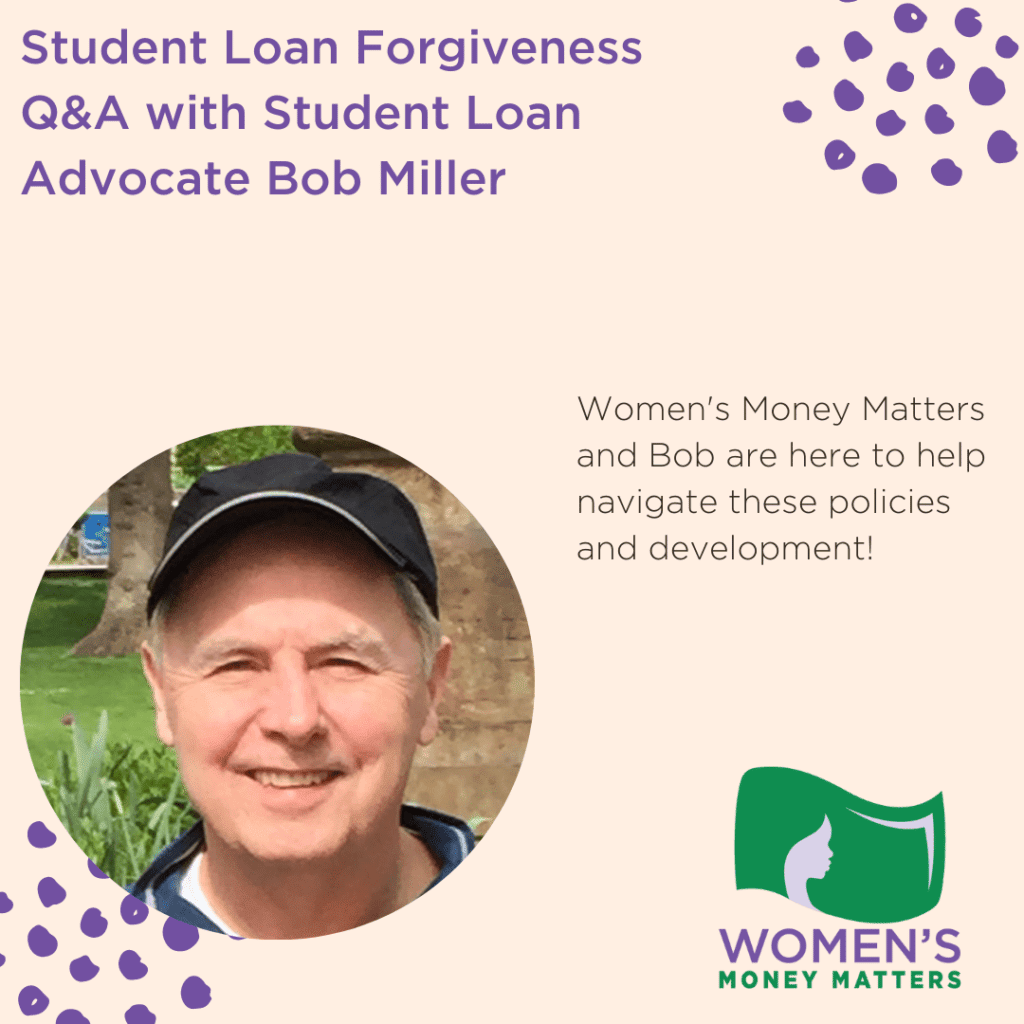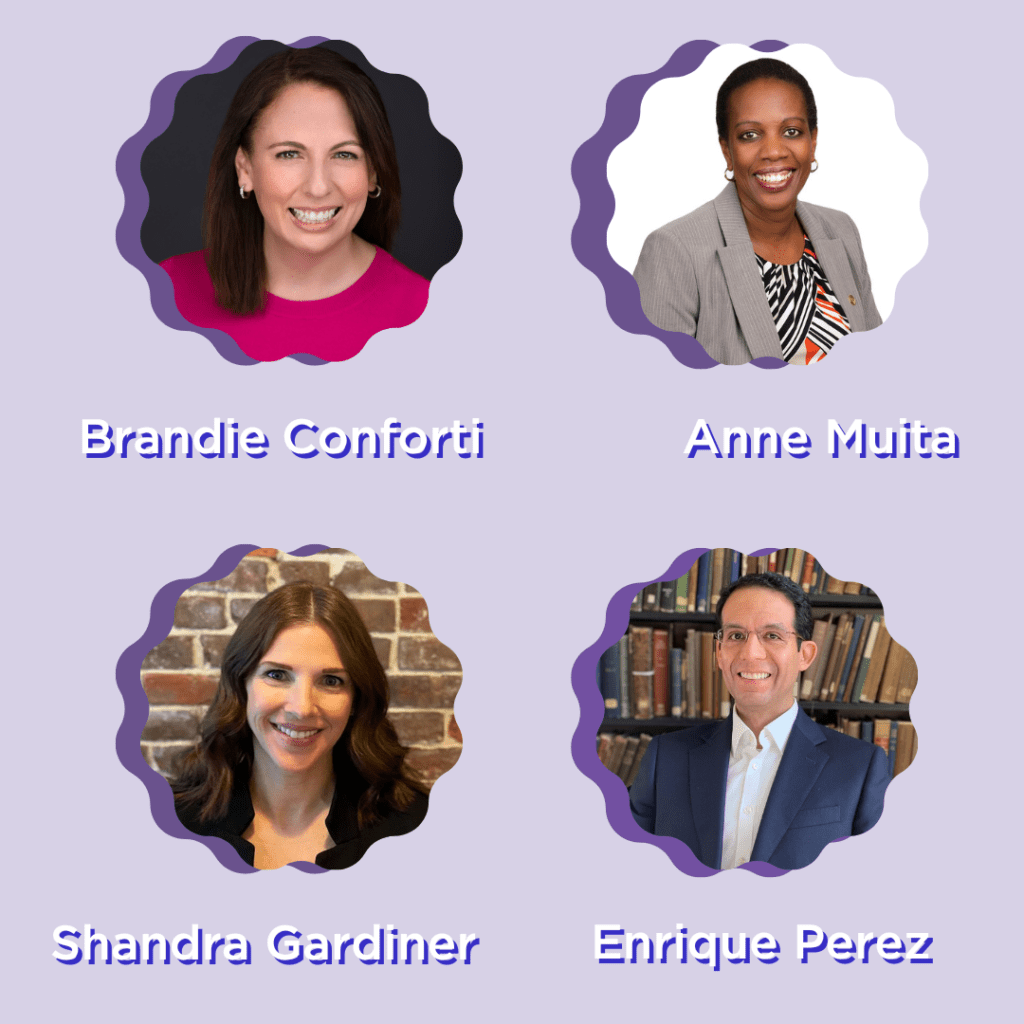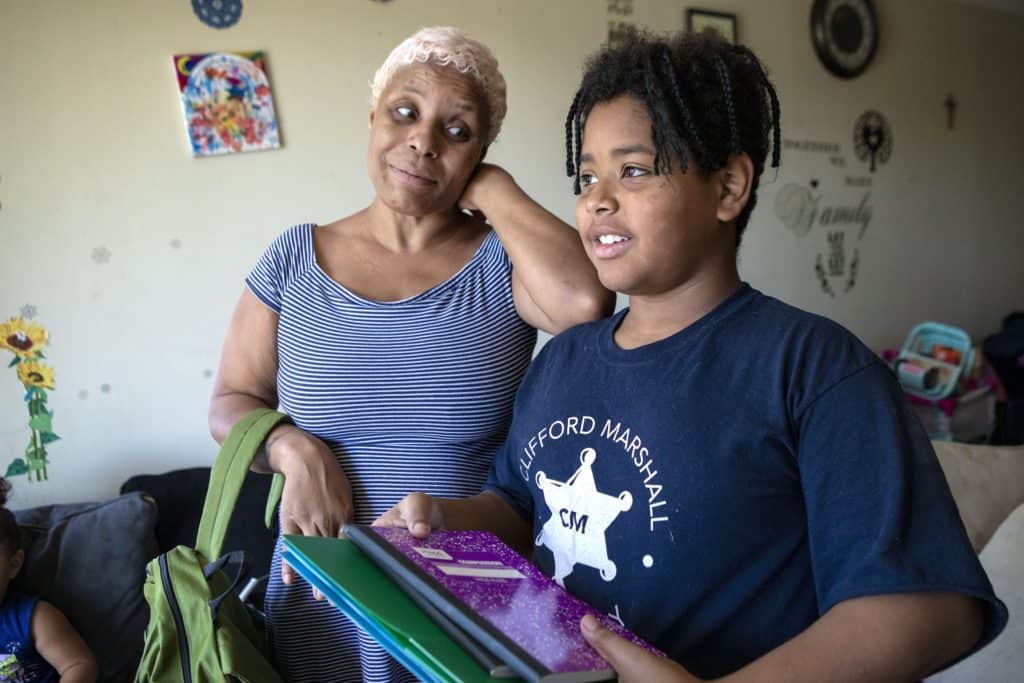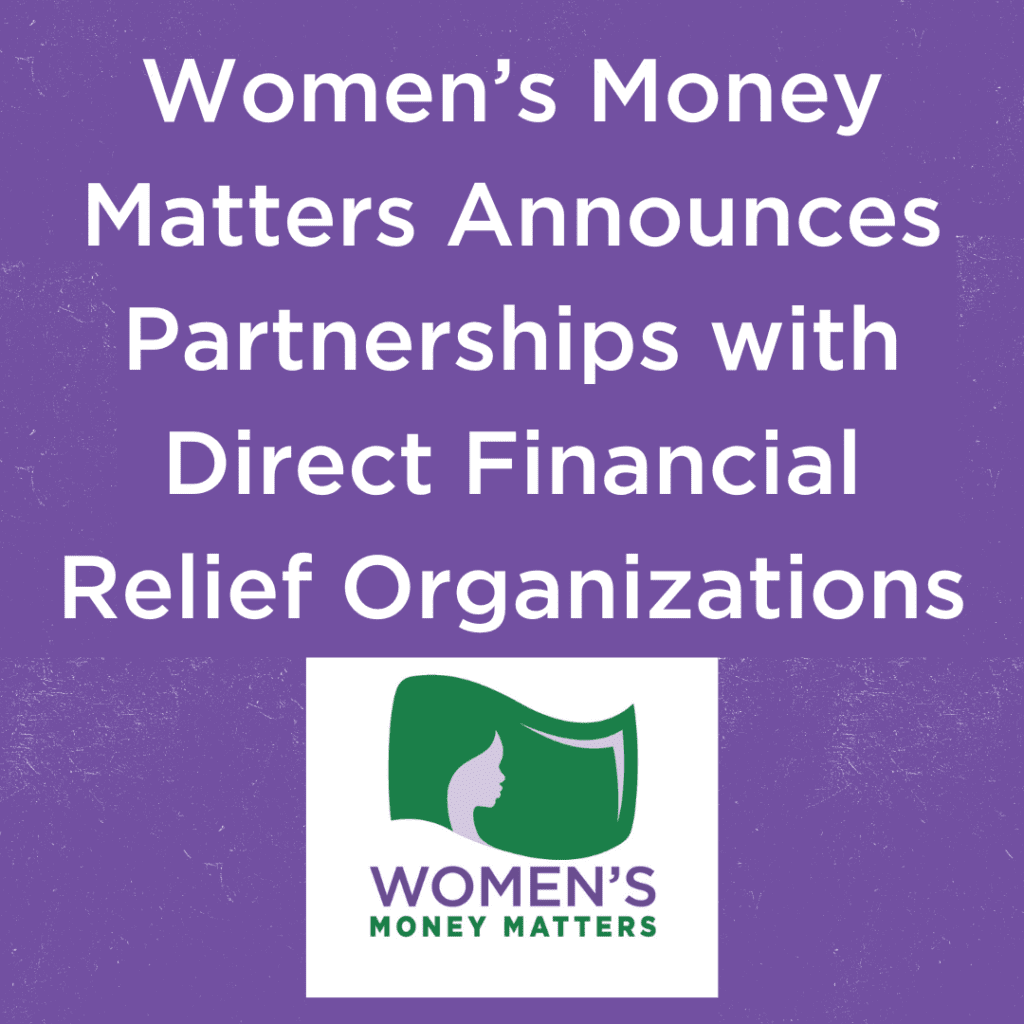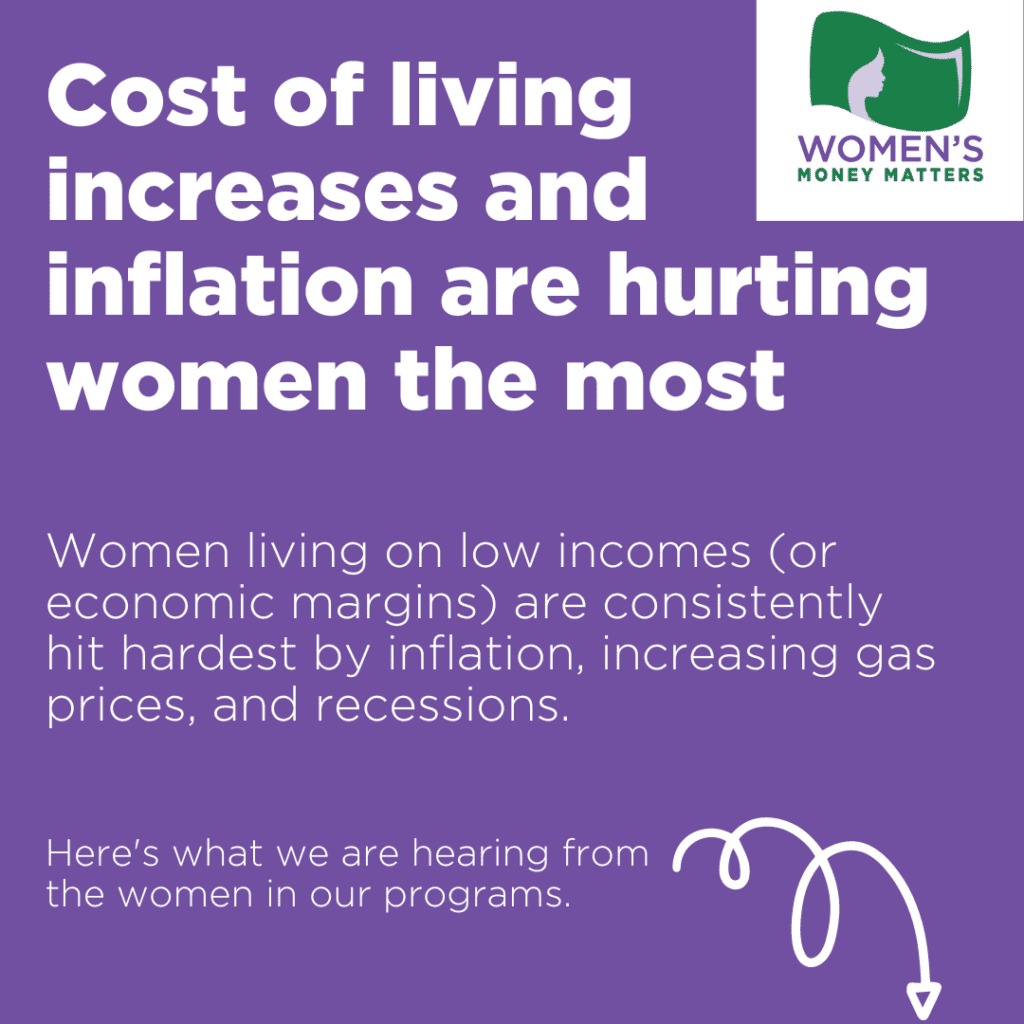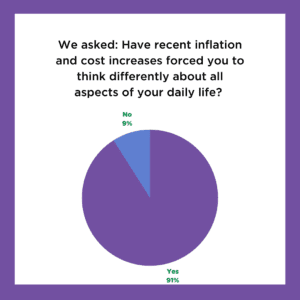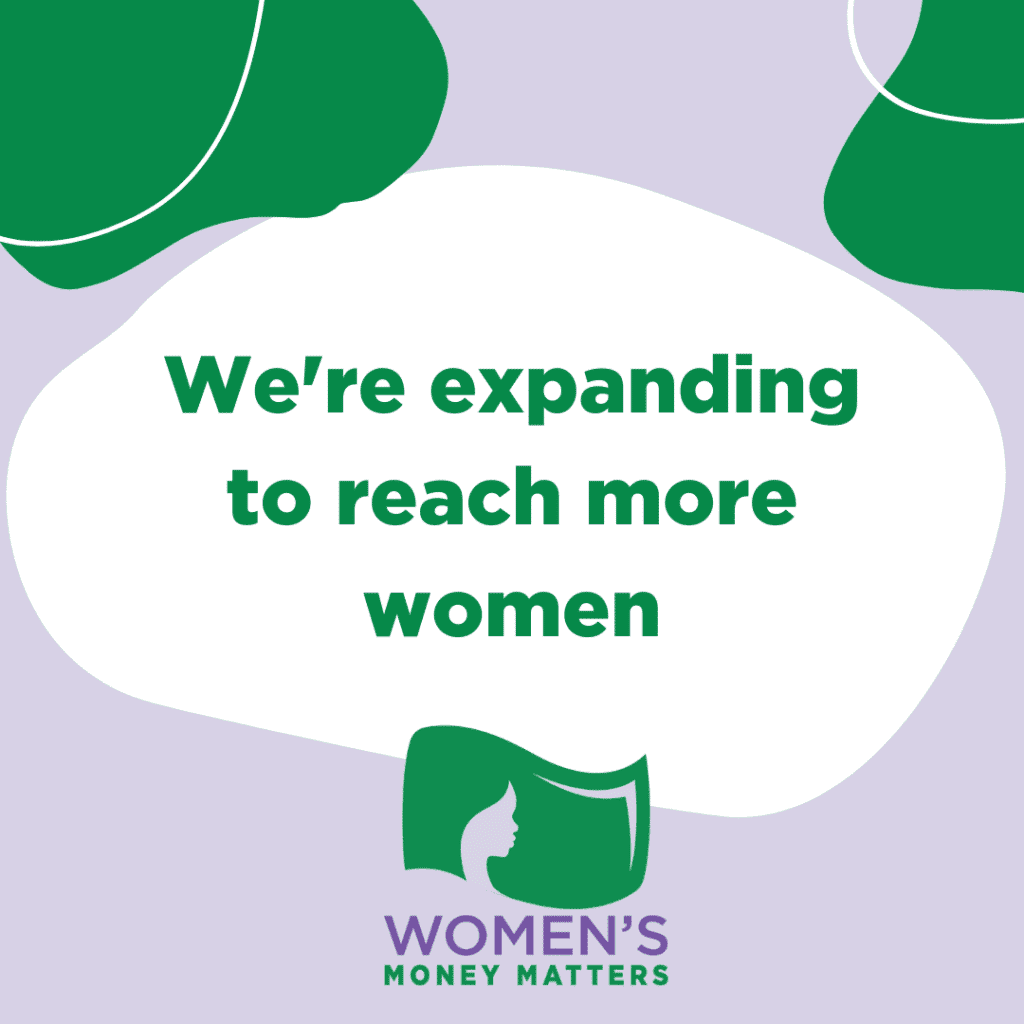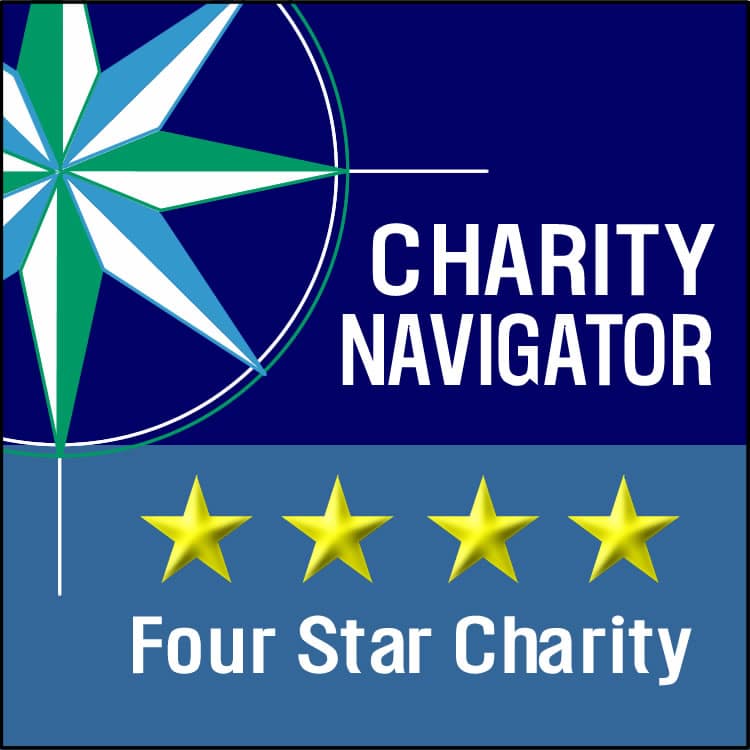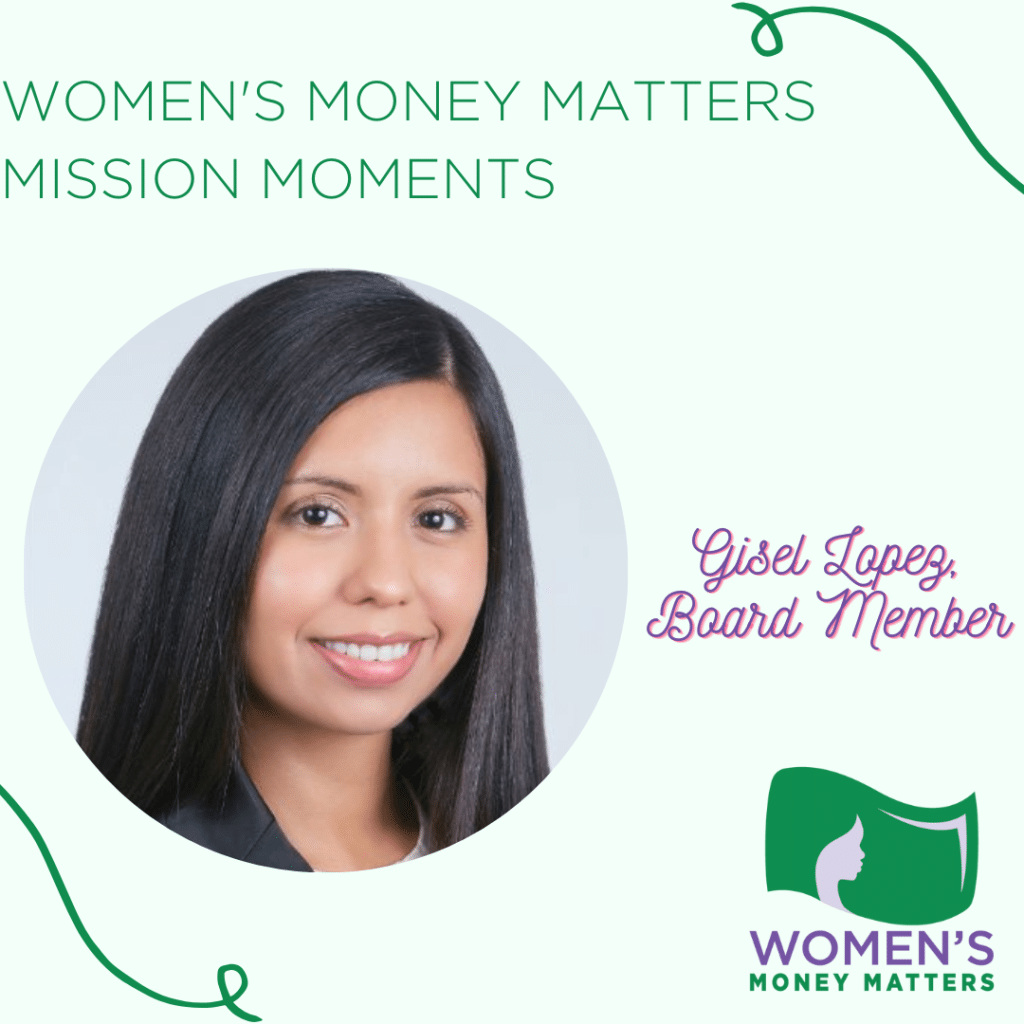
As a successful businesswoman and member of the Women Money Matters’ Board of Directors, Gisel Lopez exudes a quiet confidence and poise. However, it wasn’t all that long ago that Gisel found herself new to the U.S. and uncertain about how to navigate the culture, including how to get her financial footing.
Gisel moved to the U.S. from Peru in 2015. Gisel explains, “I found it difficult to navigate my finances in the U.S. Unlike in Peru, I needed to establish a credit score to be eligible to access credit. Also, I did not understand the different methods to save for retirement and the different terms associated with filing taxes felt confusing.”
Like many, Gisel turned to Google to get some answers. While some of the information online was very helpful, not all of it was relevant, or even necessarily in her best interest. Fortunately, her manager at the time was also an immigrant and guided her with her approach to personal finances. “I was so lucky to have a mentor to answer my financial questions,” said Gisel.“That is why I am so passionate about Women’s Money Matters mission and its coaching model. I truly believe that as an organization we can support women on their journey to financial independence.”
Gisel has witnessed first hand the importance of women achieving financial independence. At 14, Gisel’s parents divorced, and Gisel’s mother no longer had the financial support of her husband. Without a college degree, Gisel’s mother had to be creative about how she’d support her children. They moved in with Gisel’s grandparents and her mother began selling things door to door. It was a much different life than they’d had before. However, with a lot of hard work, Gisel’s mother later went on to become a successful realtor and now she managed her own properties. “My Mom showed such tremendous courage as she began a new life for us,” said Gisel. “Even though it wasn’t easy, we are all stronger than we think.”
When asked what advice she’d give to others, Gisel shared, “Find a community that has your best interest at heart. Every day we are faced with different and often difficult decisions and having a community makes it so much easier.”
